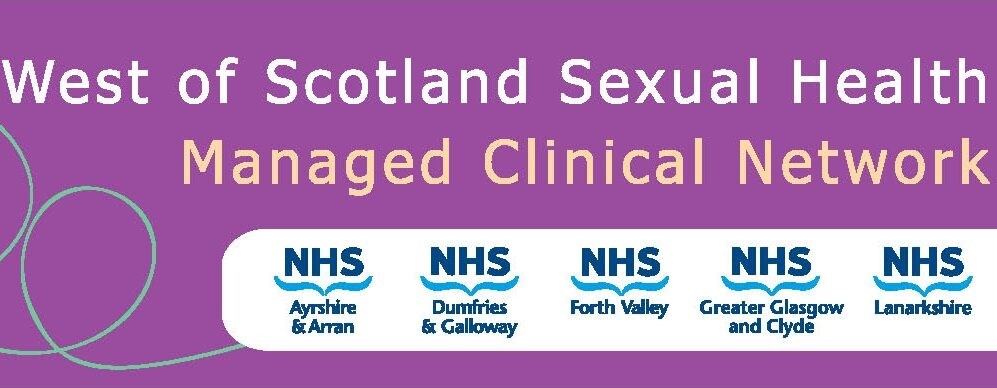The Fraser guidelines refer to the guidelines set out by Lord Fraser in his judgment of the Gillick case in the House of Lords (1985), which applied specifically to contraceptive advice. These guidelines state that young people under the age of 16 can access treatment without parental consent as long as it is in the young person’s best interest. Health professionals use these guidelines to assess whether a young person can be provided with confidential contraceptive services without parental consent. Fraser guidelines originally related to contraceptive advice and treatment but they now apply to decisions about treatment for sexually transmitted infections and termination of pregnancy.
Lord Fraser stated that a doctor could proceed to give advice and treatment "provided he is satisfied in the following criteria":
- The young person understands the health professional’s advice.
- The young person is aware that the health professional cannot inform his/her parents that he/she is seeking sexual health advice without consent, nor persuade the young person to inform his/her parents.
- The young person is very likely to begin having, or continue to have, intercourse with or without contraceptive/sexual health treatment.
- Unless he/she receives contraceptive advice or treatment the young person’s physical or mental health, or both, are likely to suffer.
- The young person’s best interests require the health professional to give contraceptive advice, treatment, or both without parental consent.
If the above criteria are not met or there is reason to believe that the child is under pressure to give consent or is being exploited, there would be grounds to break confidentiality.
